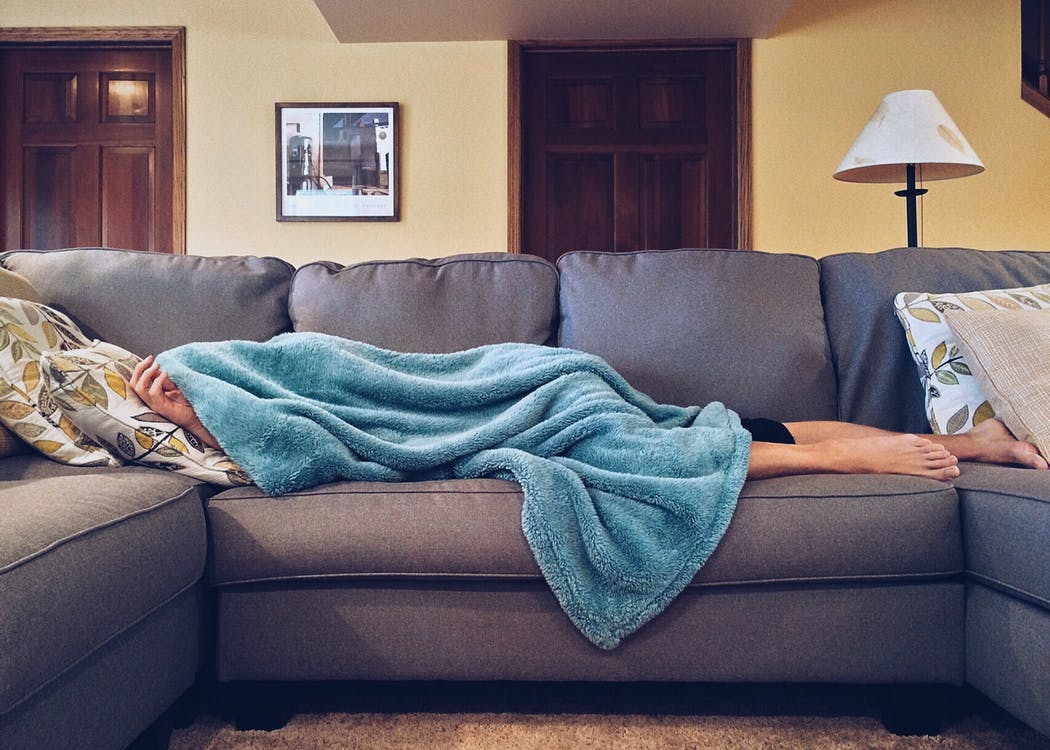With over one in three Americans suffering from sleeplessness, it’s no surprise that many of us are turning to prescription sleep medications to help us get much-needed shuteye.
Making use of sleeping pills isn’t necessarily bad for your health, but there are some potentially dangerous side effects which you should be aware of before trying them out.
Prescription Sleep Meds vs Over-the-Counter Sedatives
Before looking at the risks of taking sleeping aids, it’s important to first make a key distinction between prescription sleeping drugs and over-the-counter sedatives.
Prescription Sleep Meds require a prescription from your doctor, while over-the-counter drugs are much more readily available and can be purchased from your local pharmacy or grocery store without a prescription.
Prescription sleeping drugs, like Sonata and Ambien, are usually stronger than the over-the-counter alternatives, such as Benadryl and Tylenol PM – and each has its own potential side effects.
Dangers of Prescription Sleep Aids
Prescription sleep aids are powerful sedatives that should only be taken in some doses and for a relatively short period of time. Specifically, most prescription sleeping drugs should only be taken for up to 28 days, unless a doctor re-examines you and advises you to continue using them.
Overusing these drugs, either by taking too high a dose or using them as a long term solution, can result in various unpleasant and potentially dangerous side effects, including nausea, headaches, sleepwalking, hallucinations, and even depression and anxiety.
Some studies have even found that taking some prescription sleeping drugs for a prolonged period of time puts you at a heightened risk of developing cancer.
Furthermore, the Food and Drug Agency (FDA) has warned that taking some prescription sleeping drugs with other medication can lead to other dangerous side effects, like shortness of breath, low blood pressure and a low heart rate.
Risks of Over-the-Counter Sedatives
While over-the-counter sleeping drugs aren’t as potent as prescription sleeping aids, the mechanism which they rely on to work can be a cause for concern.
Most over-the-counter sleeping pills contain diphenhydramine, which reduces brain function to reduce alertness and help you fall asleep.
Consequently, overusing these drugs can result in memory loss and even dementia, so seniors should be especially careful about using over-the-counter sedatives containing diphenhydramine.
Natural Sleeping Aids
If you’ve already tried making lifestyle changes, such as cutting out caffeine, reducing blue light exposure and maintaining a consistent sleeping pattern, and are still struggling with sleeplessness, giving sleeping aids a try is often a good course of action.
However, having learned about the side effects of taking such drugs, you may now be hesitant. But, it’s important to remember that most of these side effects are only on the cards if you take more than the recommended dosage or if you use the drug for longer than recommended.
In any case, there are other, natural alternatives which typically have far fewer side effects and are less addictive.
Alongside its cousin Cannabidiol (CBD), Cannabinol (CBN) is becoming the natural sleep aid of choice. Research Studies on CBN for sleep have found it to be a powerful sedative that is effective in the treatment of conditions such as insomnia and sleep apnea, among countless others.
So, if you’re looking to improve your sleep and are looking for a natural sleeping aid, CBN is likely to be your best bet. You can read more about CBN and sleep aids containing Cannabinol, visit CBNOilForSleep.com
A Quick Summary
- Many Americans use prescription sleep meds, and a growing number of us are becoming dependent on them.
- Overusing prescription or over-the-counter sleeping drugs can lead to numerous unpleasant side effects, ranging from nausea to depression.
- Natural sleeping aids, like CBN, typically have fewer side effects and can be equally, if not more, effective.

